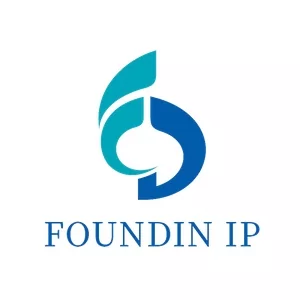In China, it is not required to record a patent license for validating the license agreement. However, in practice, many licensors and licensees still prefer to have the agreement recorded, because it could serve as a notice to the public. Another advantage of recording the license agreement is to record the amount of royalties, which would be helpful for calculating the damages in case of a patent infringement.
Procedurally, while recordation of a patent license between two Chinese entities is easy and straightforward and can be usually completed in 10 working days, it would be much more complicated when one of the licensor or the licensee is a non-Chinese entity. We have handled a case where both licensor and licensee are non-Chinese entities, and it takes a total of 4 months for the CNIPA to record the license, and the procedural burden is extremely high.
Specifically, if one of the licensor or the licensee is a non-Chinese entity, then there is no way to file the license documents electronically. The parties, or the agent representing the parties, have to physically submit all the documentations through the window of the CNIPA.
In addition, the non-Chinese entities at least need to provide following documents to record the license, and these documents must be translated into Chinese language before filing:
- (1) an original license agreement signed by the parties. Importantly, the effective date of the agreement should be within 3 months from the date of filing the recordation. If the copy can't be provided in original, then it has to be notarized.
- (2) an original copy issued by a relevant government authority, which shows that the entity is existing and active, together with the name of the legal representative of the entity. If the copy can't be provided in original, then it has to be notarized.
- (3) a Power of Attorney signed by the legal representative of the entities;
In the license agreement, at least 6 items need to explicitly written therein.
- (i) the relevant Chinese patent number and Chinese patent title to be licensed;
- (ii) the type of license (i.e., sole license, exclusive license or ordinary license);
- (iii) the geographical scope of the license;
- (iv) the amount of royalty fees and payment mode;
- (v) the effective date and the termination date of the agreement; and
- (vi) the signatures from both parties.
As the new Chinese Patent Law will introduce an open licensing system from June 1 of 2021, we foresee there will be an increased number of license recordation at the CNIPA.
The content of this article is intended to provide a general guide to the subject matter. Specialist advice should be sought about your specific circumstances.


